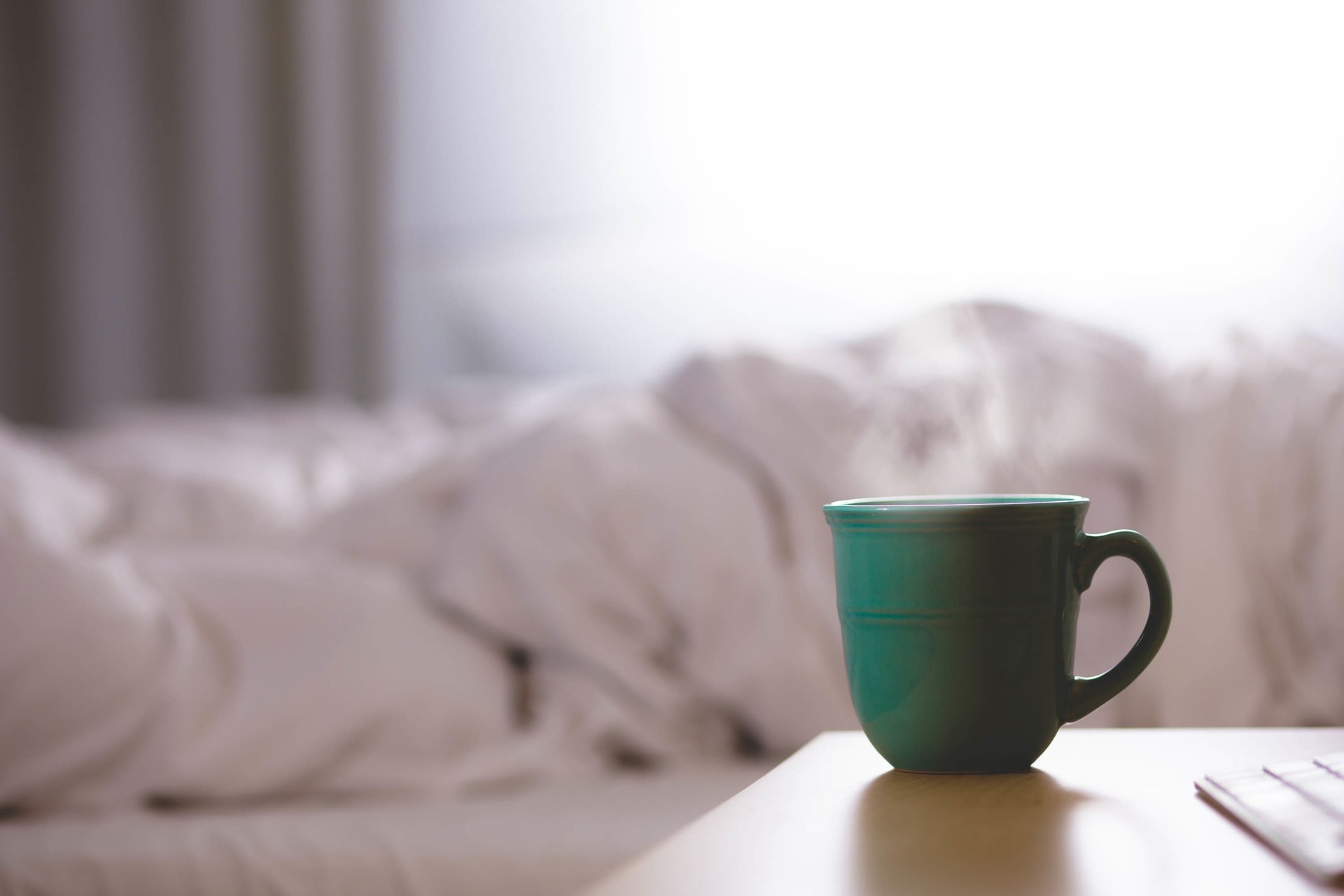Important Updates To Medicare: A Message To Pat...
Blog
7 Quick Tips to Improve Sleep Hygiene
- March 06, 2018
- Amber Specialty Pharmacy
- Health Tips

It’s estimated that 50-70 million adults in the U.S. have a sleep disorder, according to the American Sleep Association. A good night’s sleep is as important for your health as eating right and exercising. Most of us live busy lives, making it hard to wind down at night. On top of that, medication, anxiety, pain, childcare tasks and sleep disorders make it tough to get a good night’s rest.
If you’re a short sleeper, you may want to start paying attention to how much sleep you’re getting. Adults who are sleep deprived are more likely to have heart disease, a stroke, asthma, cancer, arthritis, depression, diabetes and other health conditions, according to The Centers for Disease Control.
Getting enough sleep is important for both physical and mental health, and it can improve your quality of life. If you have a chronic health condition, ensuring you get enough sleep is essential to feeling your best.
If you have trouble sleeping, try these sleep hygiene tips.
- Stay on a regular sleep schedule. Try going to bed at the same time each night and waking up at the same time each day. This includes weekends. In time, your body should adjust to the routine. If you’re not sure when your bedtime should be, try this bedtime calculator that works for both children and adults.
- Don’t take daytime naps. If you need to nap, don’t nap for more than 20 minutes or close to bedtime.
- Try to relax before bed. Prepare yourself for sleep by doing a relaxing activity like taking a warm bath or shower, reading a book, meditating or listening to soft music.
- Avoid electronics before bed. This includes watching TV, being on your phone, tablet or computer. If you have children, have an electronics shut-off time for the family. Try turning the TV off an hour before bed and reading a book.
- Make your bedroom quiet and relaxing. Keep your bedroom at a comfortable temperature and decluttered. Make sure it is dark and quiet as well. Don’t watch television or be on your phone in bed. Keep your bedroom an electronics-free zone.
- If you go to bed but aren’t able to fall asleep after 20 minutes, don’t lie in bed and watch the clock – get up. Go to a different room and do a quiet activity, like reading, until you are tired enough for sleep.
- Don’t eat large meals right before bed or have caffeine too late in the day. If you’re hungry before bed, have a light snack. For example, have some Greek yogurt, peanut butter on whole-grain bread, cottage cheese, a banana or some cereal.
- Don’t drink alcohol to help you sleep – it can disrupt your natural sleep cycle.
- Most over-the-counter sleep aid medications are meant for short term use. If you need medication for more than a few days, talk to your doctor. Don’t ever take someone else’s sleeping pills.
- Daily exercise will help you sleep at night, but don’t exercise right before bed. This may keep you awake. Daily exercise is also a great way to fight fatigue.
- If these tips aren’t helpful and you are still having trouble sleeping, make sure to talk to your doctor. You may need additional testing or a referral to a doctor who specializes in sleep medicine.
I hope these tips improve your sleep hygiene. If you’re having trouble sleeping due to medication side effects, talk to your pharmacist or doctor. It’s important to tell your doctor if you aren’t getting enough sleep to see if he or she can help.
Looking for more information on sleep disorders? Try the resources below.
- American Academy of Sleep Medicine
- Sleep Disorders and Cancer – The National Cancer Institute
- The National Sleep Foundation
Sources: The Centers for Disease Control and Prevention, American Academy of Sleep Medicine
Meet the Author
Michele graduated from the University of Nebraska Medical Center with a Bachelor of Science in Nursing and has been practicing for over 20 years, with a background primarily in oncology. In her spare time, Michele enjoys reading, traveling, gardening and volunteering with an animal rescue group.
This information is intended for educational purposes only. The material is not a substitute for professional help or medical diagnosis. It is important that you consult a medical professional if this information leads you to believe there is a concern for you or your patient(s). The diagnosis and treatment of all physical and/or psychological disorders requires a trained professional.



